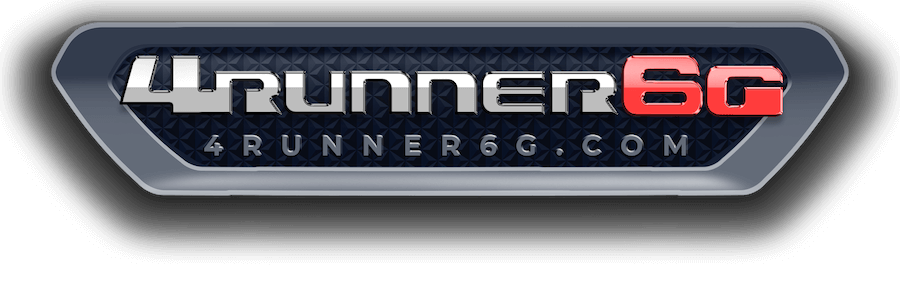Coasting in neutral actually uses fuel.Idling at a stop light burns gas so negatively impacts mileage. Even better for the hybrid, turning the engine off going downhill doesn't incur engine drag so is even better than putting the transmission in neutral (no engine drag plus no fuel burn).
Coasting in D means the fuel supply is cut off and the engine is turning from the engine braking/trans; what you're hearing is the air moving through the engine.
Coasting in N means the car will supply fuel to the engine to keep it running, aka idling.
A hybrid is coasting in gear as well as using the induction motors to recharge the system.
Sponsored
